Natural Water Sanctuary Project Chichibu with the University of Tokyo
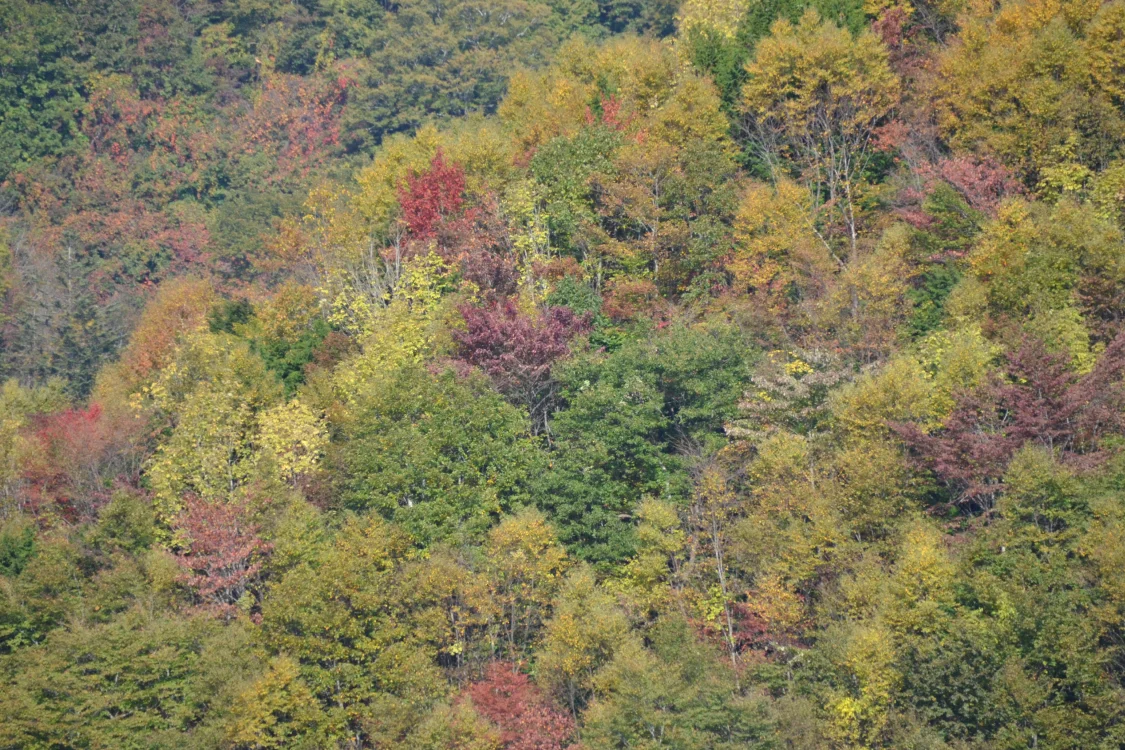
Under our Natural Water Sanctuary Project Chichibu with the University of Tokyo, integrated research and forest management activities are being carried out. The project combines the University’s research and academic expertise with Suntory’s decades of experience in environmental initiatives to conduct surveys, studies, and forest improvement work.
This page explains the initiatives of our Natural Water Sanctuary Project Chichibu with the Univ. of Tokyo.
Analyzing Deer-Foraged Plants Through DNA Analysis
Across Japan, overgrazing of forests by an increasing deer population has become a serious issue known as deer foraging pressure. Under Project Chichibu with the Univ. of Tokyo, forage resource analysis is conducted to inform strategies for managing this foraging pressure.
At different elevations within the forest and across various seasons, deer droppings are collected and DNA analysis is conducted. The results have revealed that deer rely heavily on dogwood and maple species not only in summer, but also during winter.
It suggests that in winter, deer are feeding on fallen leaves. This could be one reason their population does not decrease, even after ground vegetation is depleted.
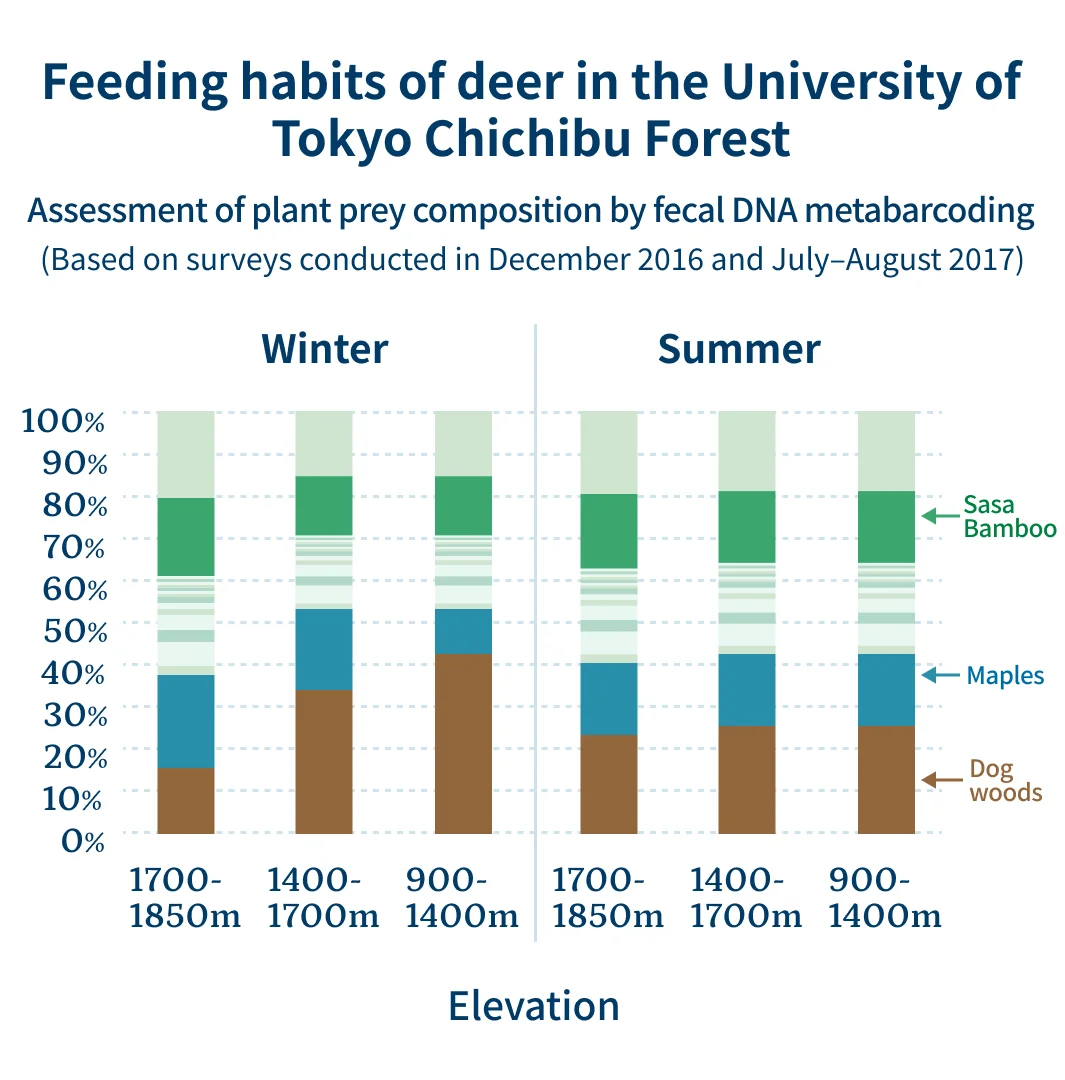
(Provided by: Project Chichibu with the Univ. of Tokyo)
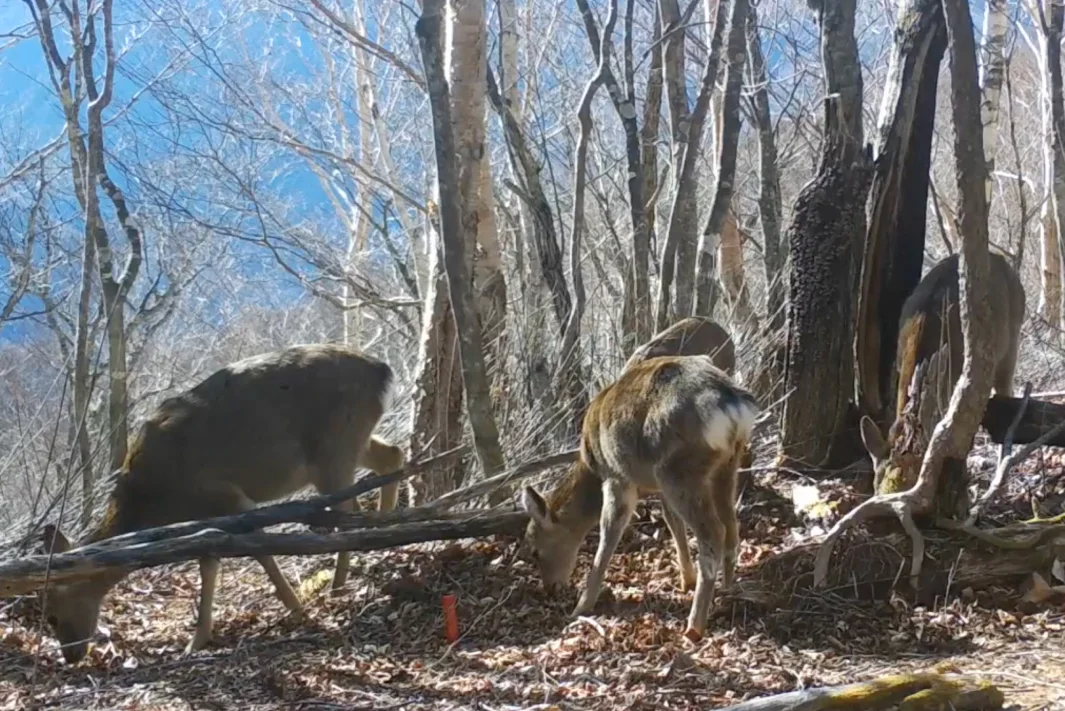
Experts involved in this Initiative

Hirao Toshihide
Lecturer, The University of Tokyo
Deer Foraging Pressure Control
To protect areas where vegetation has been severely over-grazed, deer fences are installed. The project also involves collaborating with the University on various other studies and activities. These include ecosystem impact assessments of deer feeding, DNA analysis of soil microorganisms, vegetation surveys, and deer behavior monitoring using GPS.
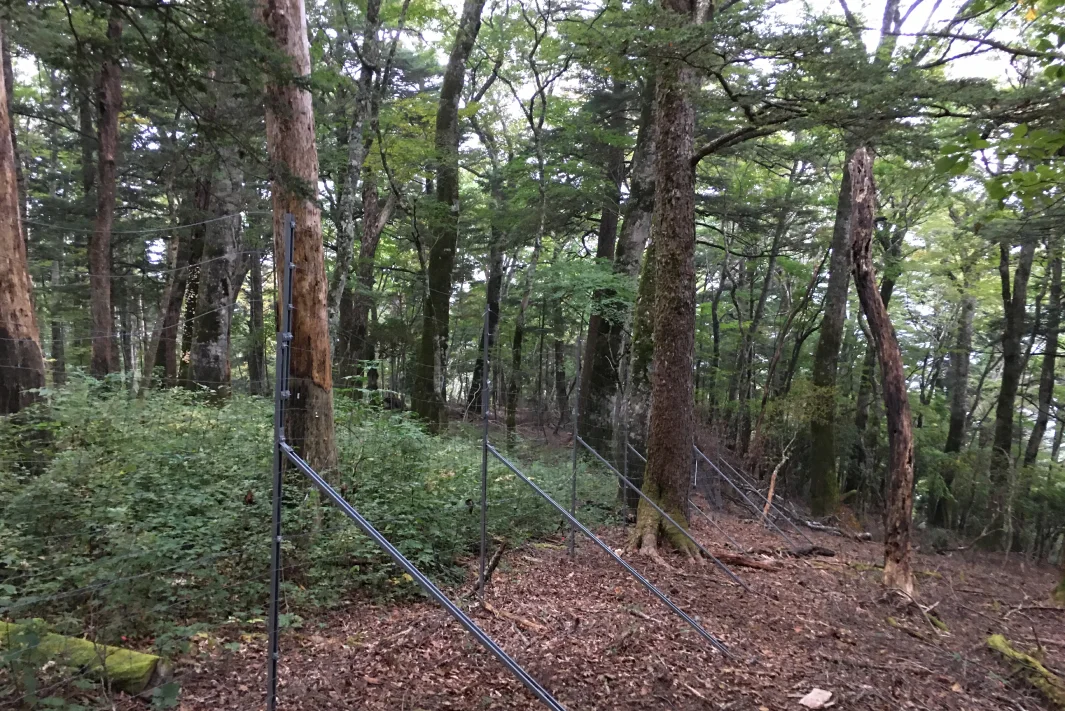
Experts involved in this Initiative

Shigehiro Kamoda
Associate Professor, The University of Tokyo

Hirao Toshihide
Lecturer, The University of Tokyo
Nature-Friendly Logging Road Construction
To conduct forest management and research more efficiently and safely, logging roads are essential. However, conventional road-building methods often involve large-scale earth moving, which can place a significant burden on the environment.
Suntory uses methods that are sensitive to nature, with results that are durable and long-lasting, and disruptive techniques are avoided. The work roads are built by utilizing the natural landscape and effectively utilizing materials available on-site, such as tree stumps, thinned wood, stones, gravel, and seedlings.
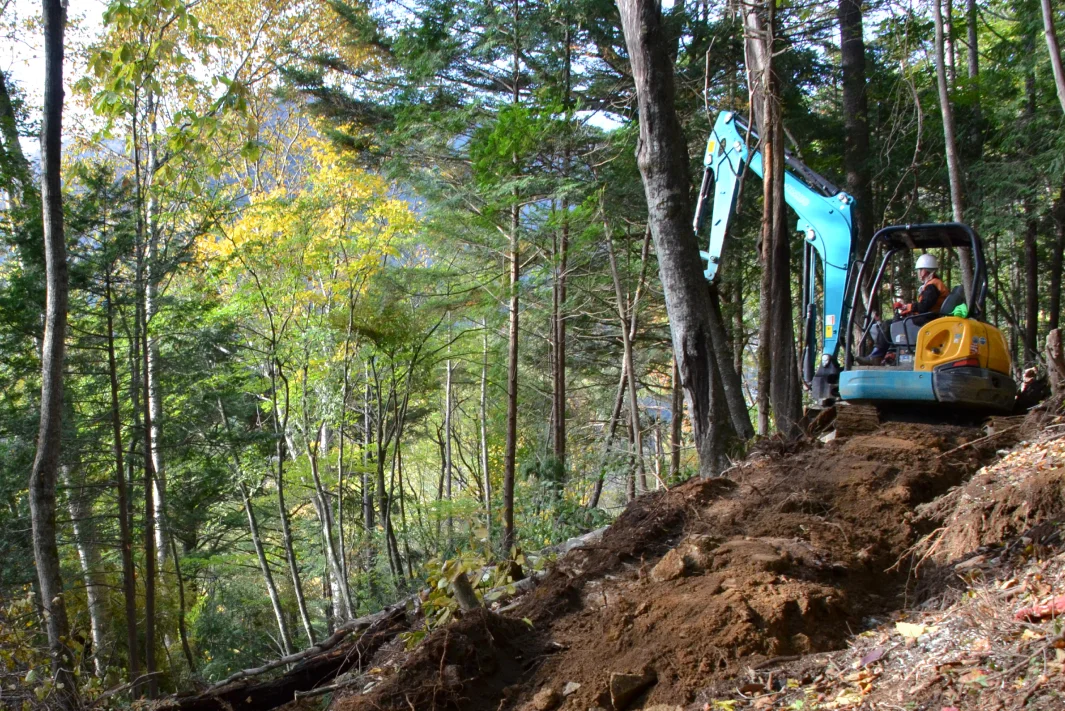
Experts involved in this Initiative
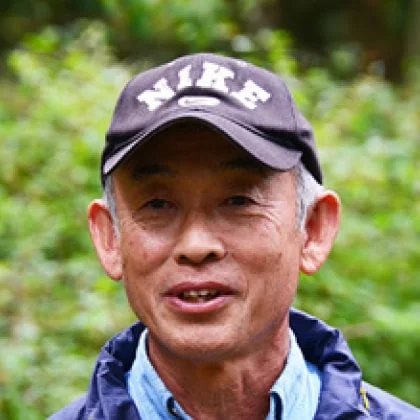
Kiyochika Okahashi
Chairman, Seikoringyo Co., Ltd.
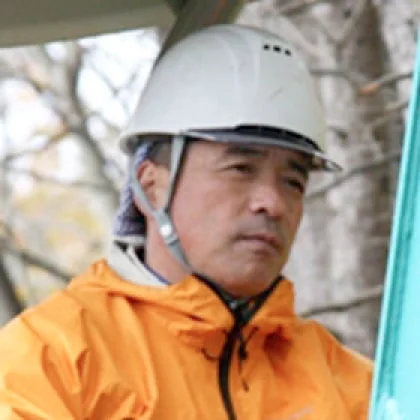
Yukio Tanabe
Representative, Morimori Sangyo
Sanctuary Details
- Location
- Otaki, Chichibu City, Saitama Prefecture
- Area
- About 2,502 ha
- Agreement date
- July 2011
- Agreement period
- 5 years (with plans for long-term renewal)
Our Natural Water Sanctuary Project Chichibu with the Univ. of Tokyo was established through an agreement concerning part of the University of Tokyo Chichibu Forest, which is managed by the University’s Graduate School of Agricultural and Life Sciences. It aims to carry out forest management integrated with academic research.
See the list of Natural Water Sanctuaries across Japan
 Home
Home Initiative Policy and Structure
Initiative Policy and Structure Living Things in the Natural Water Sanctuaries
Living Things in the Natural Water Sanctuaries Dedication to Water
Dedication to Water Natural Water Sanctuaries
Natural Water Sanctuaries  Natural Water
Natural Water  Initiative History
Initiative History